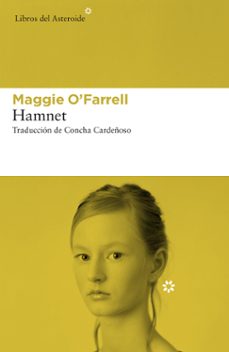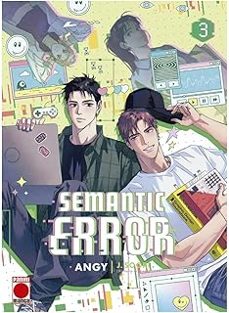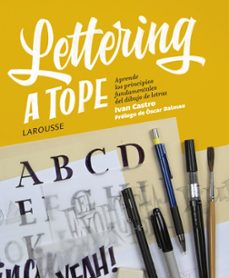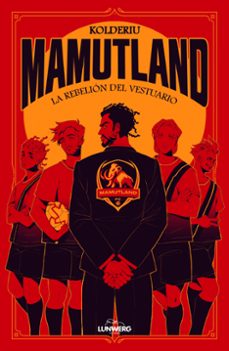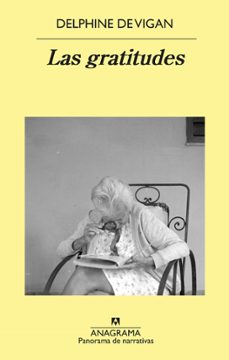📗 Libro en inglés ONCE ON A MOONLES NIGHT
CHATTO & WINDUS- 9780701182458
Sinopsis de ONCE ON A MOONLES NIGHT
Beguiling and ambitious, this new novel by the author of Balzac and the Little Chinese Seamstress, is ostensibly a search for an ancient text, and a love story. But beneath that is a haunting tale about language and identity, about the shifting layers of history under the confusing surface of Chinese life and politics, with a final Buddhist twist. A young French woman in Peking in the late 1970s interprets between Chinese professors and Bertolucci for his film The Last Emperor. Afterwards, she follows a disgruntled old professor who tells her about a text believed to be taken directly from Buddha’s teachings and inscribed on silk cloth centuries ago. It was written in a now-dead language called Tumchooq (coincidentally, the name of a young Chinese man she has just met), so beautiful in its simplicity it is almost impossible to render accurately in translation. Puyi, the last emperor and last owner of this relic, allegedly tore the silk in two with his teeth while being flown to Manchuria by the Japanese, and threw the fragments from the plane. Only half of the mutilated manuscript was recovered, and the reader, like the narrator, must wait till the end of the novel to discover the rest. When the complete text is finally pieced together, its message is devastatingly simple, and all the more poignant because it has taken such sacrifice and effort to decipher. Comprising ancient texts and fables, stories within stories, and a young man’s desperate search for his father’s legacy, this brilliant novel, covering almost a century of China’s history, has the modernity and tenderness of the film, Lost in Translation.
Ficha técnica
Editorial: Chatto & Windus
ISBN: 9780701182458
Idioma: Inglés
Encuadernación: Tapa dura
Año de edición: 2009
Especificaciones del producto
Escrito por Dai Sijie

Dai Sijie nació en 1954 en la República Popular China. En 1976 ingresa en la universidad para cursar Historia del Arte y cuatro años después en una escuela de cine, donde obtuvo una beca para estudiar en el extranjero. Llegado a Francia en 1984, descubrió el cine europeo y quedó muy impresionado con Buñuel, de quien adquirió ese matiz surrealista que se respira en todas sus obras. Realizador de cinco largometrajes, su ópera prima, Balzac y la joven costurera china (Salamandra, 2001), obtuvo un éxito internacional extraordinario. Llevada al cine por el propio Sijie y rodada en China, la película fue prohibida en ese país. Su segunda novela, El complejo de Di (Salamandra, 2005), gozó asimismo de una excelente acogida y obtuvo el prestigioso Premio Femina. Una noche sin luna (Salamandra, 2008) y La acrobacia de Confucio (Salamandra, 2011) consolidaron su breve pero fecunda trayectoria literaria.
Opiniones sobre ONCE ON A MOONLES NIGHT
¡Sólo por opinar entras en el sorteo mensual de tres tarjetas regalo valoradas en 20€*!




